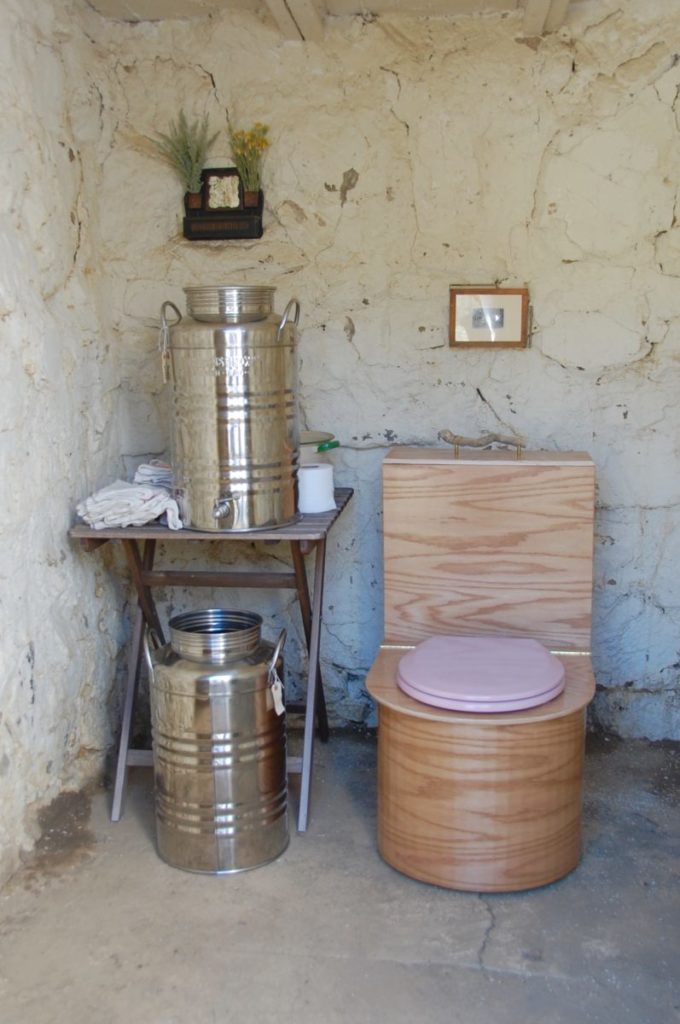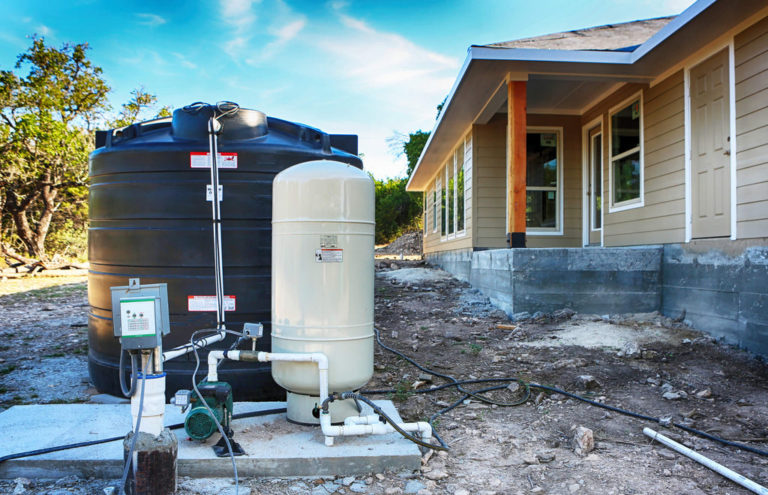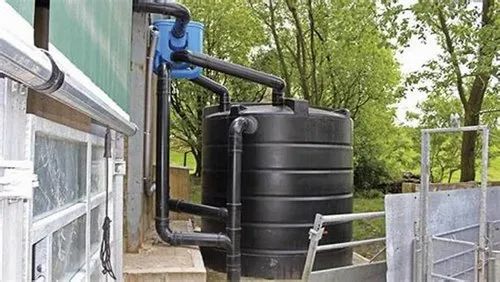Using a composting toilet in an off-grid setting can offer numerous advantages over traditional sewer systems.
Not only do they provide an effective and sustainable solution for managing human waste, but they also offer several other benefits that can enhance the overall living experience and reduce your environmental footprint.
By incorporating a composting toilet into your off-grid infrastructure, you’ll be able to achieve complete sanitation, decrease water consumption, reduce waste disposal costs, and even produce fertilizer for your garden or farm.
Whether you’re living in a remote cabin or an eco-village, a composting toilet is an essential component of a self-sufficient and sustainable lifestyle.
No Water Required
Composting toilets do not require water to operate, making them ideal for off-grid locations where water may be scarce.
No Water Required: Composting toilets do not require water to operate, making them ideal for off-grid locations where water may be scarce.
This lack of water reliance is possible thanks to the innovative composting mechanism which breaks down waste in an aerobic (oxygen-rich) environment, completely eliminating any need for water.
This eliminates the risk of contamination and reduces energy consumption compared to traditional flushing toilets.
Plus, you won’t have to worry about the expensive water bills you might incur from more traditional toilets!
This self-contained system further reduces any dependence on town-water services by relying on the waste itself as the sole source of nutrients to sustain healthy composting conditions.
All the water you use is purely for human consumption and/or washing.
Reduced Waste Disposal Costs
Composting toilets can significantly reduce waste disposal costs by turning human waste into a valuable fertilizer.
Composting toilets offer a cost-effective solution for waste disposal by converting human waste into a valuable fertilizer.
By breaking down human waste and other organic materials through a natural process, composting toilets can significantly reduce waste disposal costs.
Traditional septic systems and sewer connections often require expensive pumping, maintenance, and repairs, which can be a financial burden for property owners.
In contrast, composting toilets are relatively low-maintenance and can be self-sustaining, eliminating the need for expensive waste disposal methods.
Moreover, the end-product of composting toilets, a rich and nutrient-dense fertilizer, can be used to improve soil health and promote healthy plant growth.
This reduces the need for synthetic fertilizers, which can be harmful to the environment and human health.
Overall, composting toilets can significantly reduce waste disposal costs while providing a valuable resource for sustainable agriculture.
Improved Sanitation
Composting toilets provide a more hygienic and odor-free alternative to traditional latrines, improving overall sanitation and public health.
Composting toilets offer a significant improvement over traditional latrines, providing a more hygienic and odor-free alternative that boosts overall sanitation and public health.
Unlike traditional latrines that rely on water to flush waste away, composting toilets use natural processes to break down human waste and transform it into a nutrient-rich fertilizer.
This not only reduces the risk of waterborne diseases but also minimizes the presence of harmful pathogens and odors.
The closed-system design of composting toilets further enhances sanitation by eliminating the need for open pits or septic tanks, which can be breeding grounds for disease-carrying insects and bacteria.
By adopting composting toilets, communities can significantly improve their public health and sanitation standards, creating a cleaner and healthier environment for all.
Energy Efficiency
Composting toilets do not require electricity or fossil fuels to operate, making them a more energy-efficient option for off-grid living.
Composting toilets are a shining example of energy efficiency, as they do not require any electricity or fossil fuels to operate.
This is particularly advantageous for those living off the grid, as it eliminates the need for costly and polluting energy sources.
Unlike traditional flush toilets, which use a significant amount of water and energy to function, composting toilets use natural processes to break down waste, resulting in a more sustainable and eco-friendly solution.
By using a combination of heat and moisture to decompose waste, composting toilets are able to convert human waste into a valuable fertilizer, rather than generating harmful greenhouse gas emissions.
The composting process helps to reduce waste volume by up to 80%, making it easier to transport and dispose of.
This means that not only do composting toilets reduce our reliance on fossil fuels and electricity, but they also help to minimize the environmental impact of waste disposal.
Furthermore, composting toilets are highly adaptable and can be easily integrated into a wide range of off-grid living situations.
From remote cabins and camping sites to community gardens and eco-villages, composting toilets are a practical and sustainable option for those looking to reduce their environmental footprint.
So whether you’re living off the grid or simply looking for a more sustainable solution to your waste disposal needs, composting toilets are an excellent choice.
Increased Food Production
The compost generated by a composting toilet can be used as a natural fertilizer for plants, increasing food production and self-sufficiency.
When it comes to food production, one of the most significant advantages of composting toilets is their ability to generate high-quality compost that can be used as a natural fertilizer for plants.
By capturing and breaking down human waste in a controlled environment, composting toilets produce a nutrient-rich compost that is teeming with essential minerals and nutrients that plants need to grow.
This compost can be used to fertilize a wide range of crops, from vegetables and fruits to grains and legumes, and can help to increase food production and self-sufficiency.
Not only does compost from a composting toilet provide essential nutrients for plants, but it also improves soil health and structure.
By adding organic matter to the soil, compost helps to break up clay soils and improve drainage, while also helping to aerate sandy soils and increase water retention.
This leads to healthier, more resilient plants that are better equipped to withstand pests, diseases, and extreme weather conditions.
Furthermore, by using compost from a composting toilet as a natural fertilizer, households can significantly reduce their reliance on synthetic fertilizers and pesticides.
These chemicals can have negative environmental and health impacts, but by using compost, households can avoid these risks and instead rely on a natural, sustainable solution that is both effective and affordable.
Overall, the use of compost from a composting toilet as a natural fertilizer offers a wide range of benefits for households looking to increase their food production and improve their soil health and structure.
From reducing reliance on synthetic chemicals to improving the resilience of plants, this approach is both practical and sustainable.> The compost generated by a composting toilet offers a multitude of benefits for households looking to increase their food production and improve their soil health and structure.
First and foremost, the compost can be used as a natural fertilizer for plants, which will increase food production and self-sufficiency.
This is due to the fact that compost adds organic matter to the soil, which helps to break up clay soils and improve drainage, while also helping to aerate sandy soils and increase water retention.
This leads to healthier, more resilient plants that are better equipped to withstand pests, diseases, and extreme weather conditions.
Furthermore, by using compost from a composting toilet as a natural fertilizer, households can reduce their reliance on synthetic chemicals and instead rely on a natural, sustainable method for improving soil health and promoting plant growth.
This approach is not only practical, but also sustainable, as it leverages the power of waste management to improve soil health and food production, rather than relying on external inputs or chemicals.
As such, households that adopt this approach can not only increase their food production, but also improve the overall health and structure of their soil, making their agricultural practices more resilient and sustainable over the long-term.
Reduced Carbon Footprint
By reducing water consumption and waste disposal costs, composting toilets can help minimize the carbon footprint of off-grid living.
Composting toilets not only save water and reduce waste disposal costs, but they also play a important role in minimizing the carbon footprint of off-grid living.
Traditional flushing toilets use an average of 20-40 liters of water per use, while composting toilets use no water at all.
This reduction in water consumption not only saves money on water bills but also significantly reduces the energy needed to treat and pump water, which in turn reduces the carbon emissions associated with water treatment and pumping.
Moreover, composting toilets can reduce waste disposal costs by turning human waste into a valuable fertilizer.
By composting waste on-site, off-grid homes can save money on sewage fees and reduce the amount of waste that is sent to landfills.
According to a study by the University of California, Berkeley, the average American household produces 240 gallons of waste per day, which translates to approximately 7,200 pounds of waste per year.
By installing composting toilets, off-grid homeowners can significantly reduce their waste disposal costs and minimize their carbon footprint.
By reducing water consumption and waste disposal costs, composting toilets can help minimize the carbon footprint of off-grid living, making it a important aspect of sustainable living.
Low Maintenance
Composting toilets are relatively low maintenance compared to traditional latrines, requiring only occasional turning and monitoring to ensure proper composting.
Composting toilets are a low-maintenance solution for sanitation needs, requiring only occasional turning and monitoring to ensure proper composting.
Unlike traditional latrines that require frequent cleaning and maintenance, composting toilets are designed to break down waste into nutrient-rich compost using natural processes.
This eliminates the need for chemicals, water, and frequent cleaning, reducing the overall maintenance burden.
The composting process also helps to neutralize odors, creating a more pleasant environment.
To ensure proper composting, the toilet requires occasional turning to aerate the waste and promote the growth of beneficial microorganisms.
This process helps to break down the waste quickly and efficiently, resulting in a more stable and hygienic environment.
Regular monitoring of the composting process is necessary to ensure that the toilet is functioning properly and to detect any potential issues before they become major problems.
Overall, composting toilets offer a low-maintenance solution for sanitation needs, reducing the burden of frequent cleaning and maintenance while providing a more sustainable and hygienic solution.
With occasional turning and monitoring, these toilets can provide a reliable and efficient solution for a variety of settings, from residential homes to commercial businesses and public facilities.
Off-Grid Integration
Composting toilets can be easily integrated into off-grid living environments, providing a sustainable and reliable solution for waste management.
Off-grid living environments often face unique challenges when it comes to waste management, particularly when it comes to managing human waste.
Composting toilets offer a sustainable and reliable solution to this challenge.
These innovative toilets use natural processes to break down human waste and transform it into a nutrient-rich compost that can be used to fertilize plants and crops.
By integrating composting toilets into your off-grid living environment, you can not only reduce your environmental impact but also create a self-sufficient system for waste management.
One of the key benefits of composting toilets is their ability to reduce water usage.
Traditional toilets require a significant amount of water to function, whereas composting toilets use only a small amount of water for flushing.
This can be especially beneficial in off-grid living environments where water may be scarce.
Composting toilets can help to reduce the amount of waste that is sent to landfills, which can help to minimize your carbon footprint.
There are a variety of composting toilet options available, ranging from simple, DIY options to more advanced, professionally-installation models.
Some composting toilets are designed to be standalone units, while others can be connected to a traditional toilet or a septic system.
This makes it easy to find a composting toilet solution that meets your specific needs and budget.
Overall, composting toilets offer a reliable and sustainable solution for waste management in off-grid living environments.
By integrating one of these innovative toilets into your off-grid home, you can reduce your environmental impact, conserve water, and create a self-sufficient system for waste management.
Want More? Dive Deeper Here!
Hey there! If you’re the type who loves going down the rabbit hole of information (like we do), you’re in the right spot. We’ve pulled together some cool reads and resources that dive a bit deeper into the stuff we chat about on our site. Whether you’re just killing time or super into the topic, these picks might just be what you’re looking for. Happy reading!






